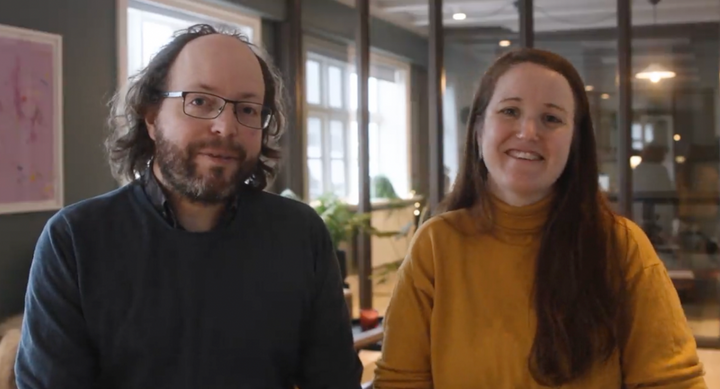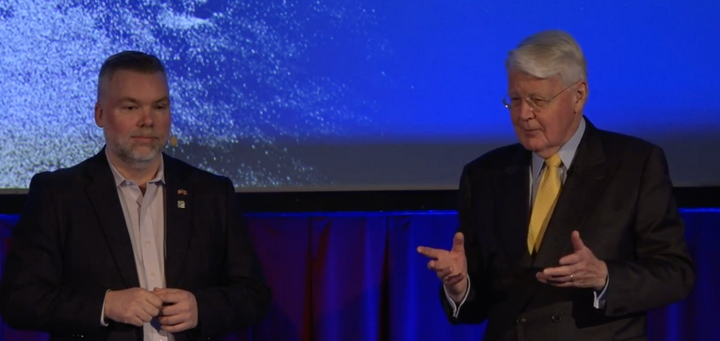Movement in the Innovation Committee

Earlier this year, Minister for Innovation and Industry Þórdís Kolbrún announced the creation of a bi-lateral committee on Innovation Strategy for Iceland. This committee would oversee the work of five sub-groups, each focused on a particular area of the innovation strategy. It would be a bi-lateral committee, with all political parties nominating members, as well as lobby groups and ministers.
On September 17, the ministry announced that the chair of this committee would be Gummi Hafsteins, Product Management Director at Google, in charge of Google Assistant. He’s also an angel investor and former founder / early employee at several startups in the smart assistant space (including Siri). This appointment was, understandably, met with a lot of enthusiasm by the community. As Gummi has spent a big part of the last years abroad, he’ll probably have the outsiders view when leading this work (which is great).
Now the ministry has announced the of committee members, which in my opinion is very promising.
Alongside Gummi we have most notably Davíð Helgason, founder of Unity, Hjalli of Datamarket, Helga Valfells from Crowberry Capital and María Bragadóttir from biotech company Alvotech. All of them represent experience, understanding, and skin in the game to the extent that we haven’t seen in a government committee around the tech and innovation ecosystem before. If we contrast this to the Science and Technology Council – Iceland’s main policy creator in Science and Technology – where members are more a part of lobby groups, bureaucracy or institutions, we see a much better representation of individuals from the entrepreneurial and operational side of tech and innovation.
These, among others on the committee, will hopefully be able to drive a certain total-review atmosphere in the committee.
Why is that important? A lot of the institutions that are part of the innovation ecosystem in Iceland have what I like to call Institutional Debt (it’s like technical debt for software, but for institutions). They’ve been created by the merging or rebranding of older, more political institutions, and still have parts of that deeply embedded in their DNA. This debt hinders the support environment in fully realising its potential – systems are very good at maintaining themselves, regardless of what the great people working within that system want to change.
An example could be the New Business Venture Fund (Nýsköpunarsjóður) – which has for the last roughly twenty years been an incredibly important part of the ecosystem, facilitating funding of successful companies like Clara and Greenqloud, the founding of Frumtak and more. However, changing times haven’t (yet) brought a change in governance, as the board of directors at the fund is still appointed according to rules giving a range of lobbyist organisations (like Fisheries Iceland and the Icelandic Confederation of Labor) legally bound board seats. This stems from history, because the fund was created by the merger of a selection of industry-specific funds. Now, I’m not saying the current board is bad – in any way – (honestly, I don’t even know who’s on the board right now), the point is only around the legal setup, which – to me at least – seems out dated. It’s this kind of institutional debt that I hope the committee will be able to address.
All in all: I’m optimistic. Great people have made themselves available for this work. Our Minister shows bravery by appointing non-traditional committee members, that hopefully lead to best conclusion. Thoroughly excited about the coming results.




